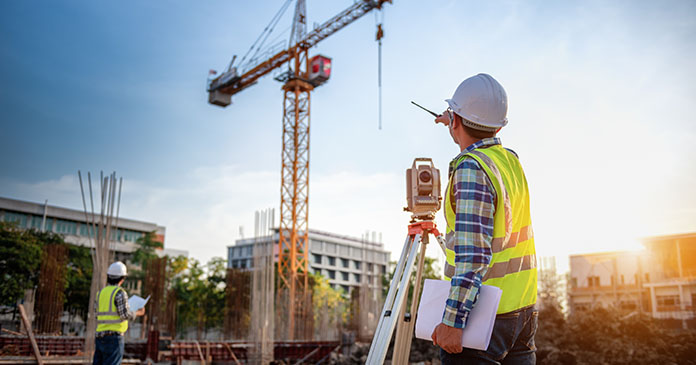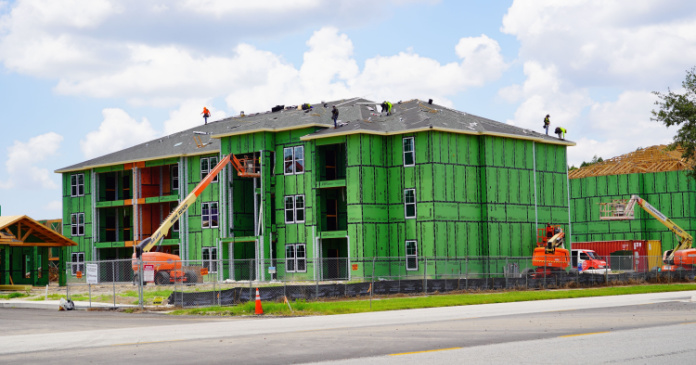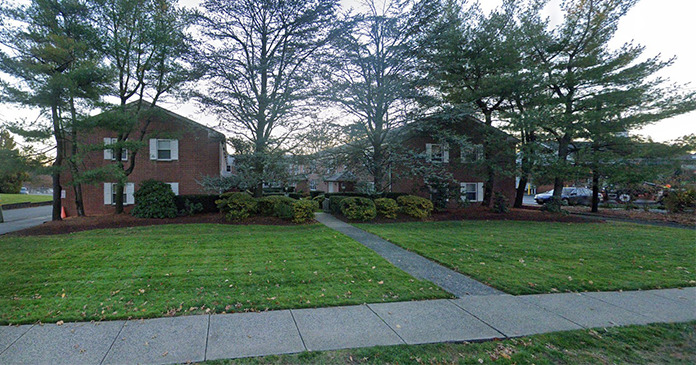A record 93 percent of multifamily developer respondents reported construction delays in the jurisdictions where they operate, according to the eighth edition of the National Multifamily Housing Council (NMHC) Construction Survey.
Of this group, 83 percent reported experiencing delays in both starts and permitting, up slightly from the 80 percent in round seven and comparable to the results seen in the earlier rounds. The main reason cited for delays in starts was permitting, entitlement, and professional services (91 percent). Economic uncertainty and projects being economically unfeasible have both become less of a concern, decreasing 13 and 27 percentage points, respectively, since Round 7.
“Today’s data underline the deep challenges that developers continue to face almost a year and a half after the onset of the pandemic,” said Doug Bibby, NMHC President. “While the overall outlook for the industry is clearly positive, these short and mid-term risks pose significant threats to housing affordability and the nation’s economic recovery. Steps must be taken to increase the supply of labor across the country and bring material costs back to reasonable levels.”
The NMHC Construction Survey is intended to gauge the magnitude of the disruption caused by the COVID-19 outbreak on multifamily construction. Additional findings include:
- Ninety-eight percent of respondents reported being impacted by a lack of materials, the highest share recorded since the survey began. Fully 100 percent of respondents reported price increases in materials for the second consecutive round. Of those respondents who saw price increases for materials, the average firm experienced a 13 percent price increase over the past three months for its most impacted materials.
-
- However, for lumber specifically, the average respondent experienced a 24 percent price decrease over the past three months, following dramatic increases reported in Round 7.
- Respondents reported an increase in stress around availability of labor from last round, with 88 percent saying they are impacted by labor constraints, up 41 percentage points from round seven and up 52 percentage points from round six.
- For the first time, respondents were asked how construction labor availability compares with before the pandemic. Nearly a third (32 percent) reported labor to be less available at pre-pandemic compensation but about the same with higher compensation levels, while 54 percent reported that labor was less available even with higher compensation levels. Among firms that reported raising compensation in order to attract or retain laborers, the average compensation increase was 12 percent.
View the full survey results here.













